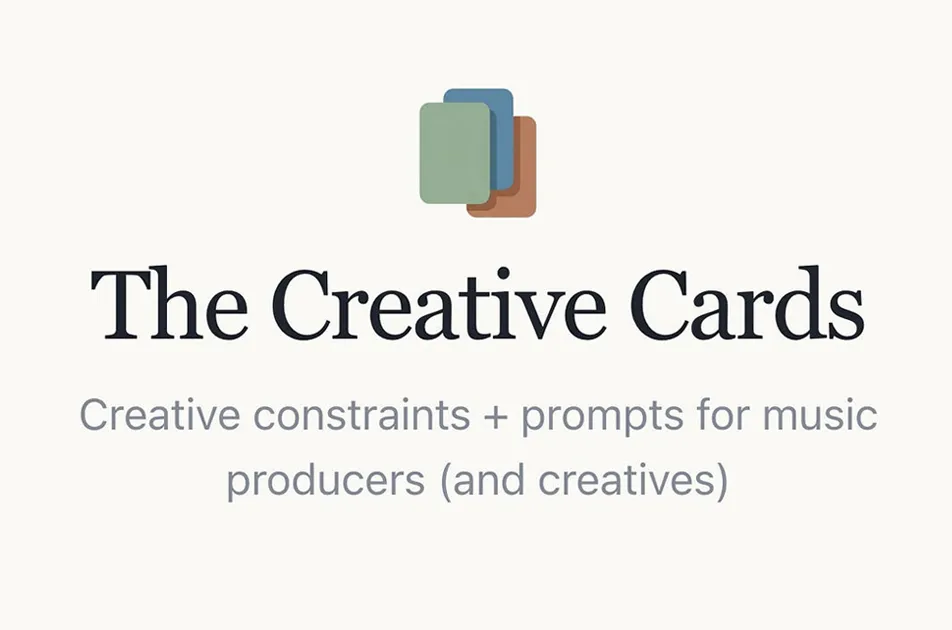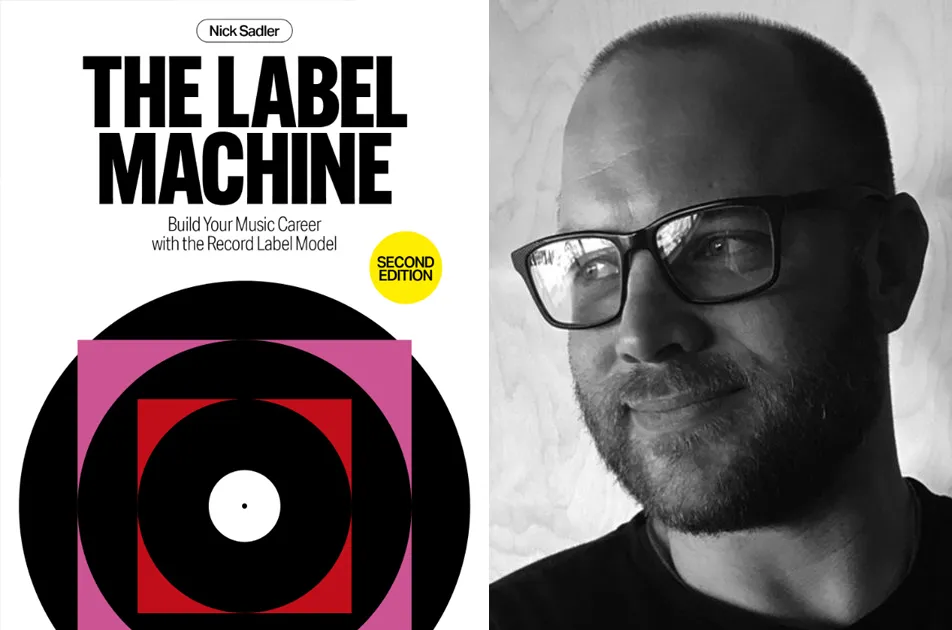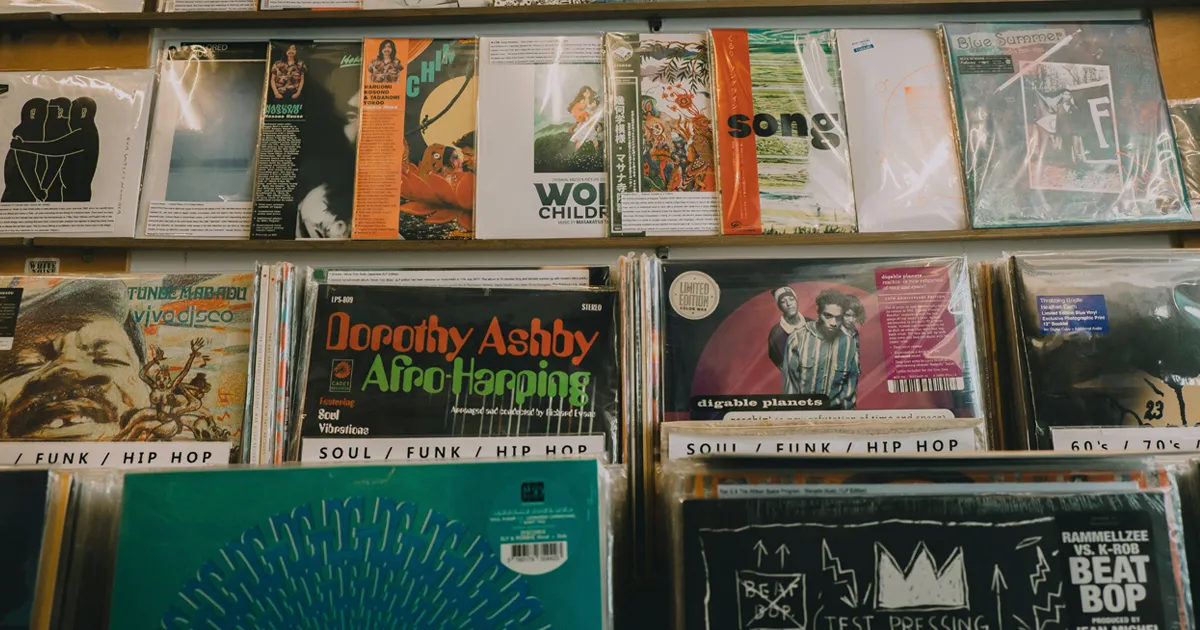______________________________
More: Labels, Streamers, Publishers Pledge To Battle Streaming, But Major Players Fail To Sign On
ANTI-STREAM MANIPULATION CODE OF BEST PRACTICE
INTRODUCTION- Digital manipulation — including the industrial scale impersonation of organic activities and user profiles by automated processes, inauthentic accounts, or human "troll farm" threatens to hinder consumer and business confidence in digital goods and services.
- In the music context, this abuse often takes the form of stream manipulation.
- Stream manipulation involves the artificial creation, by human or non-human means, of online or offline plays on audio and audio-visual streaming services i.e. where those plays do not represent genuine listening. Stream manipulation may be undertaken in respect of individual or groups of recordings in order to artificially improve chart positioning, increase market share, increase royalty payments, or for other dishonest purposes.
- Stream manipulation has the potential not only to cause economic harm to streaming service providers, rights holders, artists, and advertisers, but also to distort the media's and fans' impressions and understanding of the popularity of particular recordings and to harm consumers' use and enjoyment of streaming services by influencing algorithmic playback results. In addition to economic damage, it also hurts artists by providing them with potentially misleading and artificial data and leaving them to either compete with artificially inflated stream counts or to consider engaging in these costly, unethical, and improper practices themselves.
- The signatories to this Code of Best Practice (this t'Code") acknowledge that rights holders, streaming service providers and third parties involved in the distribution and marketing of music can and should play a valuable role in tackling stream manipulation, and wish to cooperate with each other to that end.
- This Code outlines practical and reasonable measures to be taken by the signatories, where commercially reasonable and appropriate, to prevent, detect, and mitigate against the effects of stream manipulation.
- Genuine end-user consumption of music or legitimate promotional activities do not constitute stream manipulation and this Code is not intended to:
-
- prevent or disrupt legitimate consumption of music (i.e. single or multiple full or partial plays initiated by genuine consumers as part of bona fide listening sessions taking place in the reporting country);
- prevent or disrupt legitimate promotion of music by rights holders (including third parties acting on their behalf) or streaming service providers via playlists and other genuine means; or
- undermine or prevent any individual action by any of the signatories to combat stream manipulation.
- The signatories also acknowledge the potential for dishonest manipulation of other key metrics on streaming services (e.g. artificial boosting of follower/subscriber counts for particular rights holders/a rtists, or artificial reposting of recordings), which whilst not directly comprising stream manipulation, can nevertheless result in particular rights holders, recordings, and/or artists gaining an unfair advantage.
- For the purposes of this Code, the signatories agree that the flags, signals and other factors used to classify any particular consumption as illegitimate will vary according to circumstances, and any ultimate determination shall consider input from all relevant stakeholders.
- However, the signatories also agree that, in general, all instances of illegitimate consumption are characterised as involving an absence of genuine demand for pLayback of the relevant recordings from genuine consumers. For clarity, programmed listening experiences reflect genuine demand if initiated by a bona fide consumer in a genuine listening session.
- Solely by way of examples, the following activities would, absent reasonable evidence to the contrary, be deemed stream manipulation:
- plays reasonably established to have been made pursuant to an automated process (including so-called 'bots' or 'click-farms', but excluding any playback functionality available as part of the relevant streaming service (e.g., playlists, autoplay or radio style experiences)), whether or not initiated by a bona fide consumer; and
- plays resulting from any 'pay-for-play' arrangement i.e. where payment is made to any person or entity in order to procure artificial pEays via streaming, regardless of whether such streaming is brought about via automated or non-automated means, and with or without human intervention.
- Absent reasonable evidence to the contrary, the signatories agree that plays resulting from marketing or promotional campaigns which merely encourage consumers to engage in sessions of genuine listening to particular artists or recordings shall be deemed legitimate consumption.
- The signatories to this Code condemn the practice of stream manipulation, and agree to use reasonable efforts to communicate a zero-tolerance approach to related activities:
- within their respective organisations, e.g. in appropriate guidance and/or policies to employees and consultants; and to third parties wherever deemed appropriate, including pursuant to public statements and other official communications (e.g. on the signatories' websites or press comments) referencing their adoption of this Code. In the case of rights holders, such third parties may include external teams engaged in marketing and promotions, distributed labels, artists and artists' representatives.
- Rights holders agree to: undertake as part of their industry-level anti-piracy and content protection operations reasonable investigations to identify stream manipulation; and undertake reasonably appropriate and proportionate actions where there is reasonable evidence of stream manipulation.
- Streaming service providers agree to implement a set of balanced, commercially reasonable measures and controls enabling the prevention and/or reduction of stream manipulation, including supporting in a commercially and technologically reasonable and proportionate manner.
- In the event of any suspected illegitimate activity, rights holders shall provide reasonable support to streaming service providers' investigations, including provision of all relevant and available information. Streaming service providers agree, in their conduct of appropriate, commercially and technologically reasonable investigations, to consider all relevant information in connection with and available at the time of such investigations and to make ultimate determinations based on principles of fairness, consistency and, wherever possibte, transparency.
- The signatories will consult with one another periodically to consider current information and developments on stream manipulation, to enable an exchange of best practice and strategies for addressing the problem, and to revise this Code where necessary.
- From time to time, the signatories may share information regarding third parties (including marketing and promotion companies) which have been found on the basis of reasonable evidence to have engaged in stream manipulation.
compliance with applicable laws including national and EU competition laws.
LEGAL STATUS OF CODE This Code is not legally binding and does not create any contractual or pre-contractual obligations under any law or legal system. Nothing in this Code shall be construed as creating any liability, rights, as a waiver of any rights or obligations for any parties, or as releasing any parties from their legal obligations. This Code shall not be construed in any way as replacing or interpreting any existing legal framework. This Code is not to be used as, or form part of, evidence in any legal proceedings. Nothing in this Code shall affect the terms of private agreements between rights holders and streaming service providers. SIGNATORIESThe initial signatories to this Code as of June 18, 2019, are Amazon, American Association of Independent Music, Artist Rights Alliance, Deezer, IMPALA, International Artist Organisation, International Confederation of Music Publishers, International Federation of Musicians, International Federation of the Phonographic Industry, Independent Music Publishers International Forum, Merlin, National Music Publishers' Association, Recording Academy, Recording Industry Association of America, Sony/ATV Music Publishing, Sony Music Entertainment, Spotify, Universal Music Group, Warner Music Group, Worldwide Independent Network, Universal Music Publishing Group, Concord Music Publishing, Kobalt Music Publishing, Federazione Editori Musicali, Musicnotes; additional parties may affirm the principles set forth in this Code and may agree to be treated as signatories at any time.




